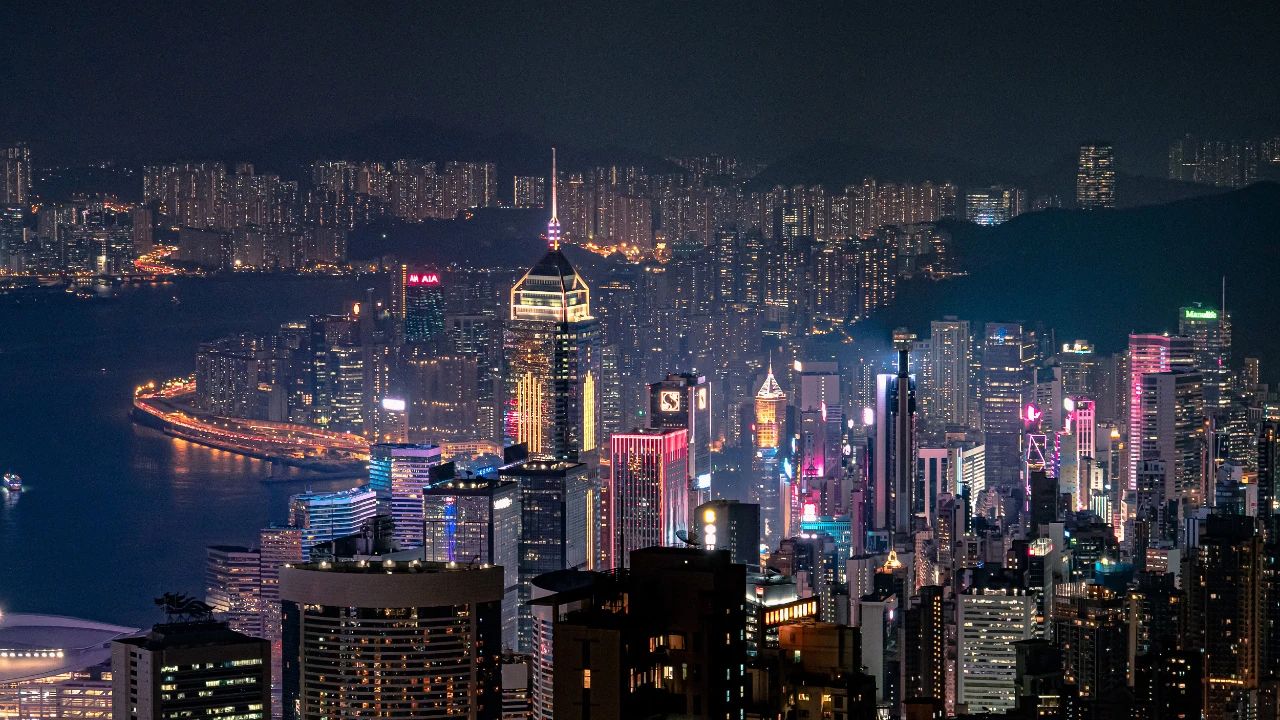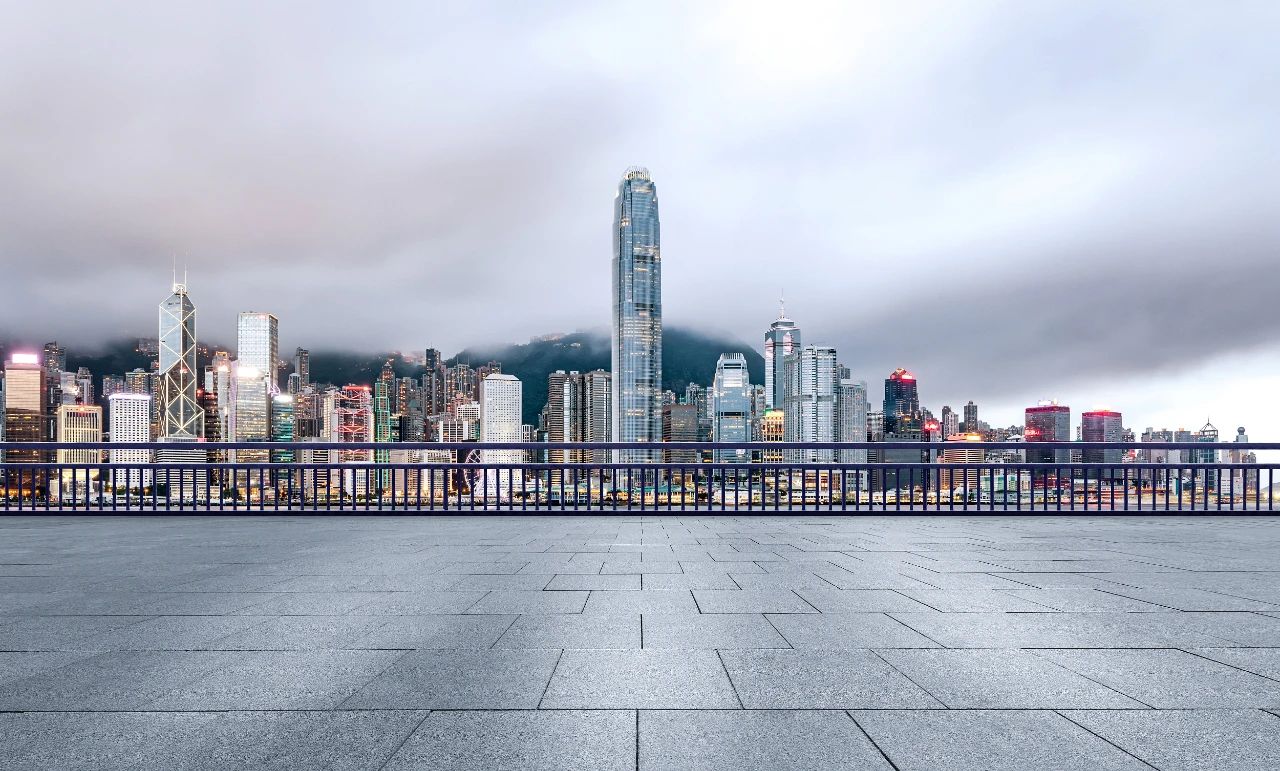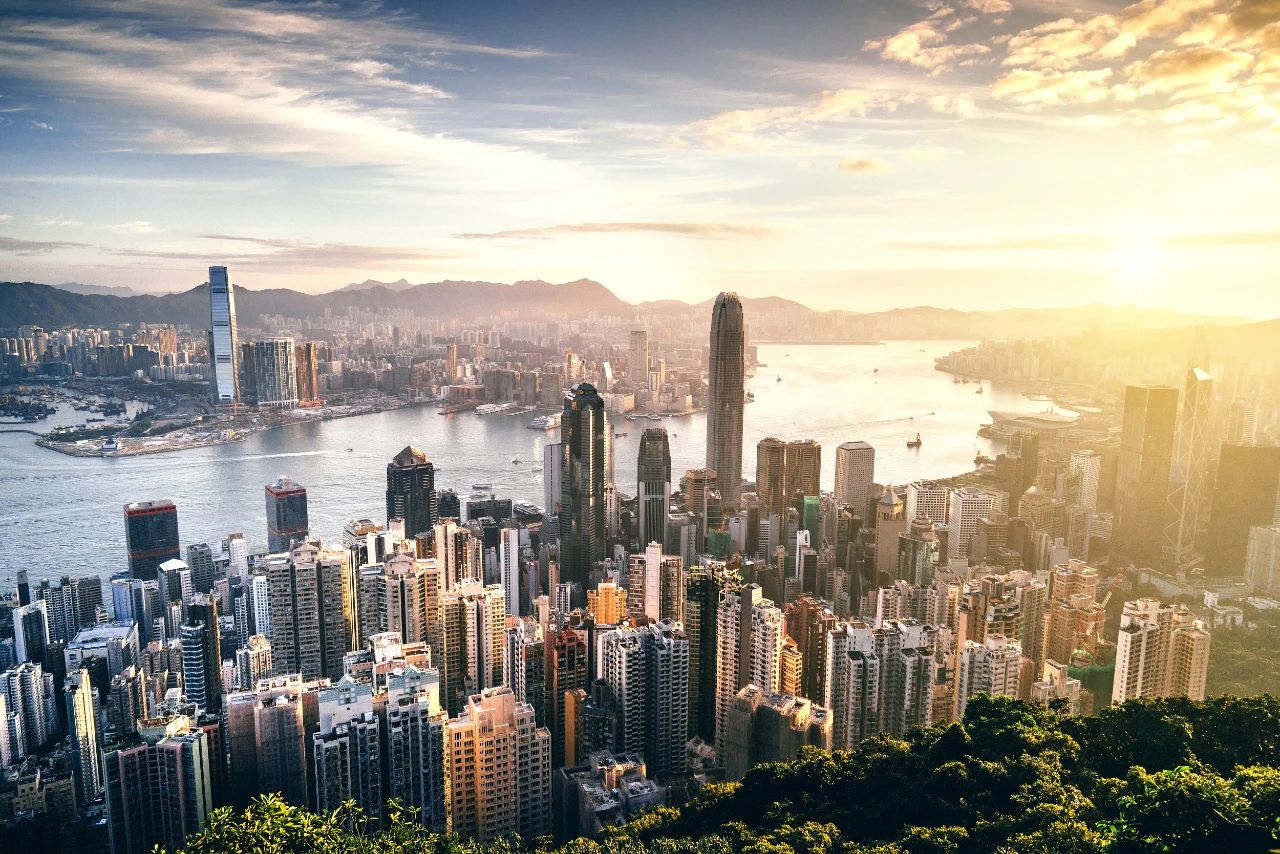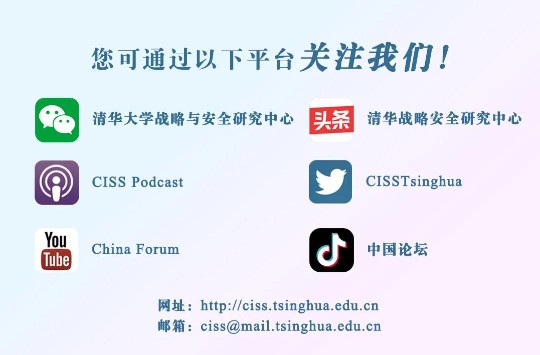一、香港新民党主席(chairperson of the New People's Party)叶刘淑仪(Regina Ip)接受德国媒体主持人Tim Sebastian采访时表示,北京推出港版国家安全法,而不是实施大陆的国家安全法,就是考虑到香港的制度不同。“基本法要求我们自行立法维护国家安全,过去23年里我们没有做到这一点。因此,北京当局没有别的选择,只能引入一套法律来保证国家安全,打击分裂分子。”
主持人:Being imposed by Beijing is not enact law on its own, isn't it?
叶刘淑仪:"You made a good point. Then why the bar association didn't support the draft national security legislation I championed back in 2002. I tried very hard to help Hong Kong enact national security law on our own. Why did they object that? In the courseof public scrutiny, I gave them many concessions. Now the Article 23 imposed aconstitutional duty on us to prohibit certain national security offences, but it does not preclude the PRC authorities from acting under their constitution. The problem with our bar association is that it ignores laws of China. It only focus on the basic law of Hong Kong."
"Beijing has respected our common law system and we have carried on with our common law system for 23 years since the reunification. The stability and predictability of the common law system is here for everybody to see. In the Basic Law, it says all legal systems previously enforced will continue to apply at least up to 2047."
"As a legislator, I'm being intimidated because there are people urging the U.S. and UK to put me on sanctions list. Is that fair? What do we say to that? People are threatening my freedom and rights."
主持人:"Does China's new national security law hurt the independence of Hong Kong's judiciary?"
叶刘淑仪:"Being an independent branch of the government doesn't mean that they have not sworn loyalty to the basic law or allegiance to the country. They have duty to protect the welfare of Hong Kong being part of the nation. I see nothing wrong with that. I won't equate that with threatening our independence of our judiciary." (June 10, 2020, Interview: Will China's New National Security Law for Hong Kong be the End of Autonomy in theTerritory?)
二、香港《南华早报》发文称新安全法是妙举,给香港带来的好处多于伤害。新安全法将结束反对派政客和所谓“抗议领袖”与美国高层政客共谋分裂自己国家的政府而不受惩罚的局面。北京只是在努力履行《中英联合声明》规定的条约义务。
The new national security law will finally resolve the inability of the Hong Kong government to legislate Article 23 in the Basic Law for almost two decades. It will neuter the anti-government/anti-China protest movement and compel potential pan-democratic candidates to adopt a more moderate platform in running for the Legislative Council elections in September.
It will put an end to the impunity of opposition politicians and protest leadersto fly to Washington and consort with top American politicians to plot against their own governments, including providing a black list with the names of Hong Kong and mainland officials to target for US sanctions.
US Republican congressman Scott Perry has just proposed the Hong Kong Freedom Act – which "authorises the President of the United States to recognise Hong Kongas a separate, independent country". Thank you, Mr. Perry, you just prove why Hong Kong needs a national security law.
The Sino-British Joint Declaration has enshrined such fundamental principles as China's sovereignty over Hong Kong, and to ensure the peace, stability and prosperity of the city over 50 years of no change. The social unrest and violent protests since last June have threatened to undermine all those basic guarantees. Beijing is simply trying to fulfil its treaty obligations under the Joint Declaration. (May 24, 2020, Alex Lo, South China Morning Post, New Security Law is a Masterstroke)
三、国际上盛传香港国安法的实施将引发美方严厉制裁,如取消香港独立关税地位以及联汇机制等,使香港在经济、金融等领域遭受毁灭性打击。事实上,美国在与香港的贸易中获利巨大,美国财团在当地也有巨大利益,美国不顾自身经济利益,对香港“下狠手”的可能性极小。

1. 新加坡华侨银行大中华区研究主管谢栋铭认为,美国很可能基于政治考量,取消香港独立关税地位,但从经济角度看,这将是“下下策”。数据显示,美国在与香港的贸易中获利巨大,过去10年对香港的贸易顺差累计达3000亿美元。至于从联系汇率机制上打击香港,谢栋铭认为,这样的可能性最小,因为这等同于投下“金融炸弹”,可能导致美国后院起火。联汇机制让港元的汇率保持稳定,减少外国经济和汇率波动对香港的冲击,也降低企业的汇率风险。香港财政司长陈茂波较早前称,港府会捍卫联系汇率机制,也有充足美元储备支撑该机制。
特朗普对香港国安法作出回应后,港股本周持续上扬。谢栋铭说,美国的回应力度弱于预期,“市场觉得如果只是取消独立关税地位,还可以管理,至少没有谈到港币问题,因此没有那么担心”。
新加坡南洋理工大学经济学教授陈光炎在同场分享会上也指出,美国和中国大陆都不希望香港遭遇大震荡。他分析,对香港的巨大贸易顺差对特朗普十分重要,而且大量美国企业在港设立区域中心,美国财团在当地有巨大利益。他认为,港版国安法中长期将帮香港“消毒”,“消毒”以后的香港政治、经济和商业,都会稳定下来。(2020年6月4日,杨丹旭,联合早报,专家:美或从科技贸易下手制裁香港香港国安法长远则有助稳定政经与商业)
2. Revoke Hong Kong's Status under U.S. Law
Under both the Hong Kong Policy Actof 1992 and last year's Hong Kong Human Rights and Democracy Act, the Trump administration can determine that Hong Kong is not "sufficiently autonomous" to continue enjoying its "unique treatment" in its relationship with the United States. Such a conclusion authorizes the United States to treat Hong Kong like every other region within the People’s Republic of China including with regard to tariffs, export controls, investment limits, health and safety standards, extradition, airlines, and travel and immigration. However, the law does not mandate any specific changes or the pace, sequencing, or breadth of such changes.
Such steps will do most direct damage to Hong Kong's economy rather than the rest of China. Those people the United States wants to help will suffer the most. Hong Kongers who want to protect the city's autonomy will be in a weaker position to use whatever civic spacesremain in Hong Kong to advocate for their positions, whether on the street, in the media, or inside the government.
Acting precipitously, particularly if the United States moves forward with substantive measures to change its treatment of Hong Kong (e.g., adjusting its tariff schedule), may have the opposite effect of what is intended. Instead of deterring Beijing, such moves may propel it to act more resolutely and harshly, believing that subversion in Hong Kong will grow the longer they wait to act and that patience with Hong Kong and the United States will not yield it any benefits. (June2, 2020, Jude Blanchette, Victor Cha, BonnieS. Glaser, Michael J. Green, Scott Kennedy, CSIS, Options on Hong Kong: A Suggested NSC Memo)
四、香港美国商会调查显示,尽管在港美企对香港国安法的推进感到担忧,但绝大多数美企尚未考虑撤离香港,还有部分美企表示支持香港国安法,称其有助于平息抗议活动,稳定香港秩序。
American Chamber of Commerce in Hong Kong said many respondents said they understood the need for the law, which comes in the wake of six months of often violent anti-government unrest last year…70% of respondents said they had no plans to move their business out of Hong Kong. Most also said they would personally not consider leaving.
Experts have pointed out that President Trump stopped short of taking immediate action. And they suspectending the special status won't have a big impact immediately because the territory does not export a lot of goods to the United States…"It is far too early to make strategic decisions on the revocation of special tradestatus," wrote one respondent, who added that it would take many months to implement…Some 15% of survey respondents said that they were still optimistic about business prospects in Hong Kong, with one calling it an "unparalleled location in Asia Pacific." (June 3, 2020, Jill Disis, CNN, US Companies are 'Concerned' about Hong Kong But They're not Planning to Exit Just Yet)
五、目前香港有超过1300家美国企业,85000名美国公民在香港生活,美国是香港的第二大贸易伙伴。有的在港美国商人认为美国若对香港施加商品出口限制,其对美国造成的经济损害会比香港要承担的经济损失更大。

About 85,000 U.S. citizens work in the city, with more than 1,300 U.S. companies operating here, some with regional headquarters. American companies with offices in Hong Kong range from Apple Inc. to Procter & Gamble Co. and FedEx Corp. The U.S. is Hong Kong’s second-largest trading partner, after China, accounting for 6.2% of trade last year, compared with 50.8% for trade with China. Hong Kong officials point to the U.S. trade surplus with the city, which they said amounted to $297 billion between 2009 to 2018, to show how U.S. interests are also at risk.
Both sides will lose if the Trump administration follows through with the threat to eliminate all special treatment for Hong Kong, Daniel Russel, vice president of the U.S.-based Asia Society Policy Institute, said. "The impact would fall heavily on Hong Kong, with negative effects on U.S. companies operating there as well," he said.
Felix Chung, a pro-business lawmaker who leads the city's Liberal Party, said many in the local business community welcomed China's new security law because they believe it will help tamp down protests that have hurt their businesses. "Hong Kong is just sitting in the middle of two big guys and they are having a fight," he said. "What actually worries me is not from China but from the U.S. What has Hong Kong done to the U.S.?," he said.
"The devil's in the details," said Allan Zeman, a pro-Beijing businessman in Hong Kong who is also an economic adviser to the Hong Kong government, referring tothe next steps that might come from the U.S. administration. Pointing to the trade surplus the U.S. enjoys with the city, he added that controls on exports may hurt the U.S. economically more than Hong Kong, which has a minimal manufacturing sector anddoesn't export. (May 31, 2020, Newley Purnell, Wall Street Journal, U.S. Businesses Brace for Damage as Tensions Grow Over Hong Kong)
六、若美国取消香港的特殊地位,这些变化也会损害在港美企的利益。更高的关税以及对旅行和投资的限制将使这些企业维持现有商业、贸易和金融关系越来越困难。
With Hong Kong's special status currently in place, the United States and Hong Kong share a fruitful trade and business relationship with free exchange of the U.S. dollar and Hong Kong dollar, virtually no tariffs, and visa-free travel between the United States and Hong Kong. Along with these benefits, the United States treats Hong Kong separately from China when administering export controls. If and when Hong Kong's special status is removed, Hong Kong could be placed under the same restrictions as China by the United States, potentially including the implementation of higher tariff rates resulting from the trade war and stricter controls on access to U.S. technology and deemed exports like know-how and personnel. Likewise, the Committee on Foreign Investment in the United States may view investments from Hong Kong into the United States as indistinct as those from China, which would result in more rejected investments from Hong Kong on national security grounds.
These changes would also inadvertently hurt U.S. businesses in Hong Kong, as higher tariff rates and restrictions on travel and investments will make it increasingly difficult to sustain their existing business, trade, and financial relations. (June 15, 2020, William Alan Reinsch, CSIS, Hong Kong's Special Status: What's Happening and What's Next)
七、由于去年以来香港动乱不断,有传闻说北京将不再重视香港金融中心的地位,转而发展其他城市代替香港,但港版国安法的出台充分说明了北京对香港的重视,将其作为商业中心来进行“消毒”。中美间的摩擦只会使香港作为金融中心的地位更加凸显。

This month, Beijing's planned imposition of a national security law has sparked renewed protests in theterritory, and prompted the US to say that it might strip Hong Kong of its special legal status. But for a variety of reasons, the prospects for the exchange itself are brighter today than they might at first seem. "The worry last year for a mainland investor was that Hong Kong would be punished through a cold-shoulder treatment that favoured Shanghai or Shenzhen," as analysts at research boutique Gavekal put it in a recent note. Instead, the imposition of political control over Hong Kong meant that it was being "sanitized" by Beijing as a business and capital-markets hub, they added.
"US-China tensions have likely only heightened Hong Kong's role as an offshore financial center," note Citigroup economists led by Johanna Chua in Hong Kong. They point to the opportunity not just for raising money but also for mainland Chinese companies to be included in stock indices such as the Hang Seng. The benchmark's provider has announced that secondary listings and companies with unequal voting rights will soon be eligible for inclusion for the first time. (May 27, 2020, Henny Sender, Financial Times, How China's Tensions Could Boost Hong Kong's Exchange)

